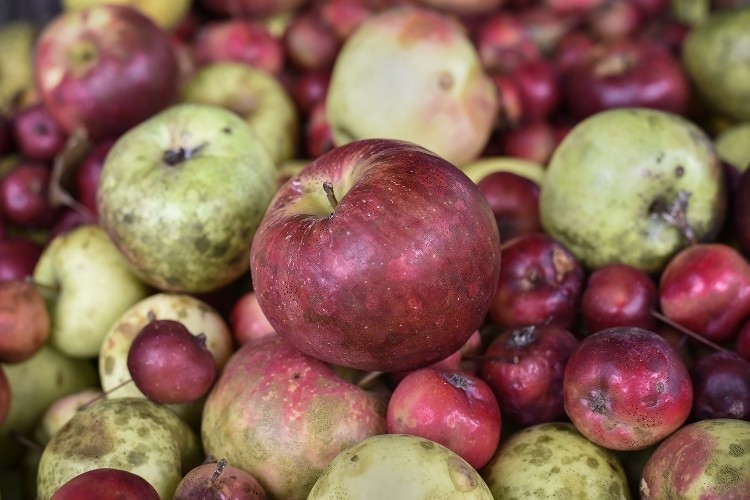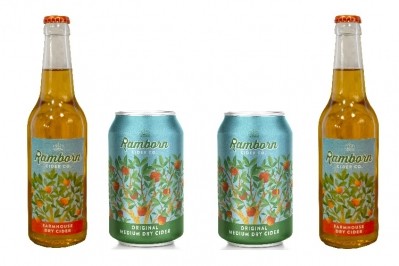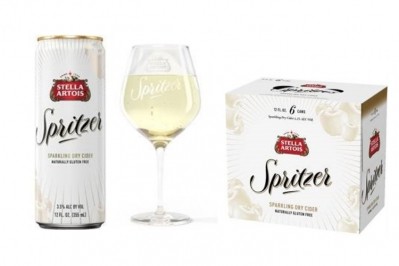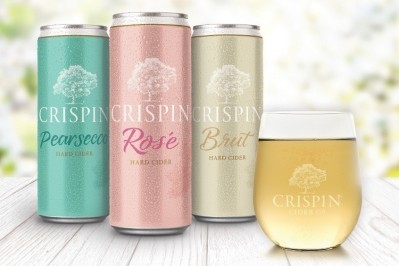New craft beverage bill excites the cider industry

The announcement came late on February 6, in the midst of the cider industry’s seventh annual CiderCon expo in Chicago. The CBMTRA bill will give cidermakers a chance to build on the ‘critical progress’ made in 2018 by re-calibrating federal excise taxes and streamlining regulations on alcohol producers.
Michelle McGrath, executive director at USACM, said “Senators [Wyden and Blunt] have been working really hard to make this a permanent federal excise tax reform. It expands the definition of small producers so that we can start leveling the playing field for cider.”
“Much of the cider category's growth is attributable to the excise tax credits these companies are now receiving. Small cideries are expanding their staff and operations in a direct response. The industry can continue to support manufacturing, neighborhood renewal projects, rural economies, and orchardists, but we need these credits to stick around on a permanent basis to do so.”
Dependent on growth
If passed, the bill will permanently establish reduced taxes and modernized regulations for brewers, cider makers, vintners and distillers to further promote job creation in each industry, as well as maintain funding for critical TTB programs.
The Craft Beverage Modernization and Tax Reform Act
- Seeks to permanently reduce excise taxes, compliance burdens and regulations for brewers, cider makers, vintners and distillers
- Some provisions were temporarily enacted in 2017, but are scheduled to expire at the end of 2019
Senator Wyden addressed attendees at CiderCon last week, encouraging the recent growth of the industry and promising “to make sure that that keeps happening.”
He said: “You’ve shared with me the tax credits have meant new equipment for expansion, and new, good-paying jobs. I want you to know that your lawmakers are working with me to help cider workers everywhere. Thank you for your devotion to your craft, supporting our economy, and the work you do. I hope that at CiderCon 2020 we’ll be able to celebrate the passage of the CBMTRA,” he said.
According to the bill, the brewing industry alone contributed more than $350bn to the US economy in 2016, directly and indirectly employing about 2.23 million Americans. Cider sales alone have increased by about 500% since 2011.
Anne Hubatch, co-owner of Alter Ego Cider and VP of the Northwest Cider Association, said “The [CBMTRA] has made real and lasting impacts to my small business. As a micro-craft cidery, this act helps us to save on our excise taxes which in turn keep more money in the business to grow and invest in more staff and equipment."
There are now more than 900 cideries in the US following 2018’s ‘year of expansion’. About 100 cideries opened their doors and there is now at least one cidery in 48 states. Nielsen reports that cider is 10 times bigger now than it was 10 years ago, despite stagnant alcohol consumption overall.
McGrath said, “We're hopeful to once more see broad bipartisan support for making these credits permanent with the CBMTRA. The margins are so tight in cider that many family-owned cideries are literally depending on it."
Distinguishing cider's own category
The United States Association of Cider Makers (USACM) has also been working on establishing a dialogue with the Alcohol and Tobacco Tax and Trade Bureau (TTB) about labeling restrictions on cider packaging.
Under current legislation, the cider industry is regulated as a subcategory of wine. It’s not brewed like beer, but fermented using apples in a process similar to the way wine is made from grapes.
Cidermakers are hoping to educate the TTB about the key, fundamental differences between it and other forms of alcohol in order to be categorized with its own set of regulations.
For example, cidermakers cannot list the place of origin, or use harvest dates, on ciders over 7% ABV. Cideries want to change this restriction designed for vineyard protection in the wine industry.









